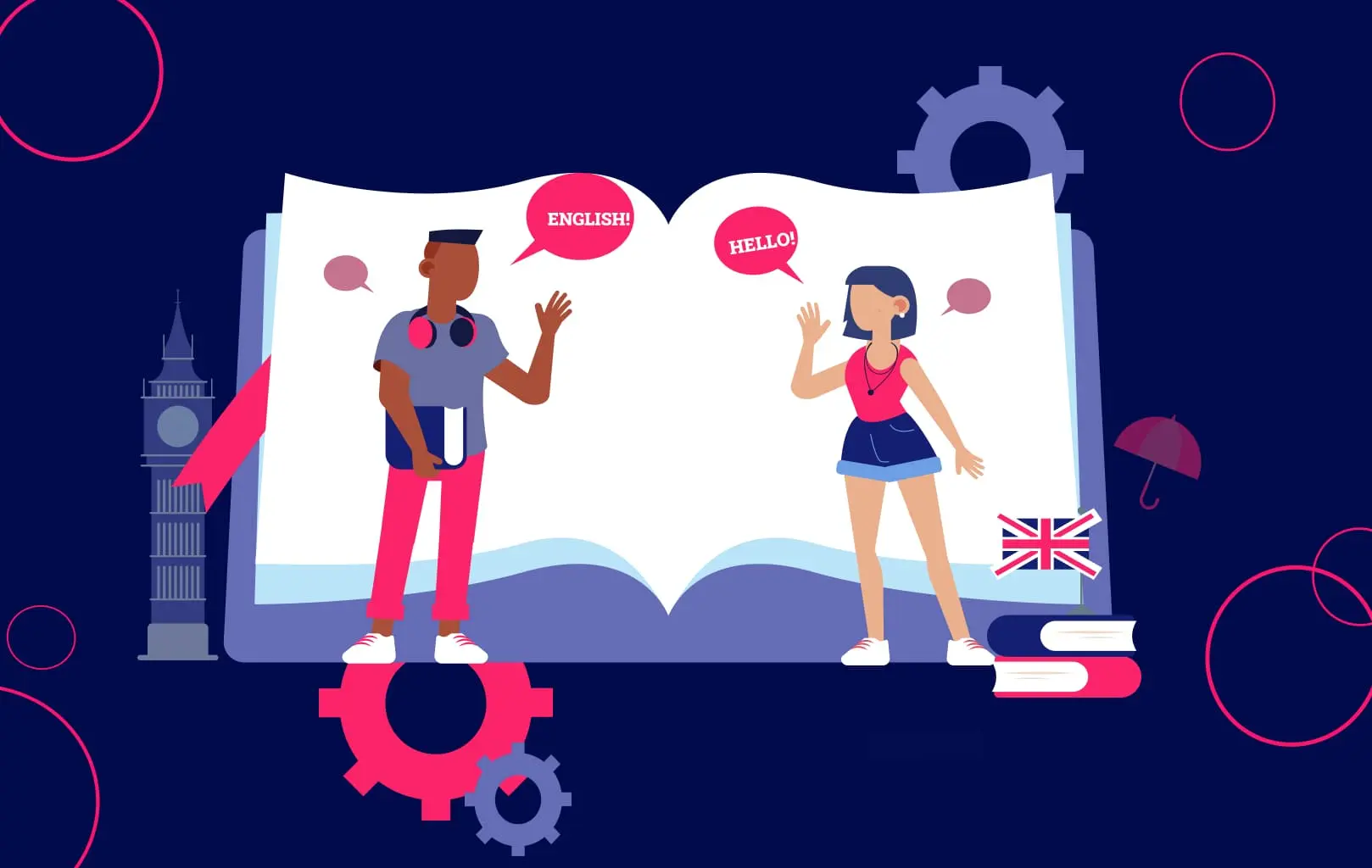Differences between spoken and technical English?
How to learn English for work in IT?
The demand for learning English has skyrocketed. Since an IT specialist is a sought-after and prestigious job in the world. And many want to get a job in this direction. And programs and interfaces for work have English-language functionality. Some programs can be found in Russian and other languages. But, this will not save the situation. Because the writing of code and functions takes place in English. International companies require knowledge of speech, because an information technology specialist must communicate with foreign customers. Therefore, if you have a question about learning speech, immediately contact the tutors of the TeMa platform.
Differences between spoken and technical English?
Spoken language involves informal communication between people using different dialects. Not relying on grammatical and lexical rules. In such speech, there may be incorrect declensions, abbreviations, and borrowing of phrases from other languages. Technical, focused. The language consists of different designations and terms that are inherent in a particular direction. By using technical language, information technology workers save time while communicating with each other. There is a big difference between explaining in your own words and labeling with a term. The terminology is used in writing the code and without their knowledge, the employee will not be able to complete the tasks.

How to learn English for work in IT?
In order to learn English, there are many courses and methods. Is it efficient? There is no exact answer to the question. Everything is individual. It is easier for someone to learn a language with the help of a teacher, while someone copes with the task on their own. It all depends on the potential and the level of difficulty. To master speech for work in an IT company, it is important to adhere to the following steps.
Stage number 1: Learning rules.
There is a “golden rule” in English, the main information is placed at the beginning of the sentence. Usually, it is someone or something doing some action.
Simple, that's all for now.
To learn English, you need to devote enough time to learning and practicing. If possible, arm yourself with the support of teachers. Mentors will help to structure the training and establish the engine of conversational communication.

Stage 2: Self-discipline and organization of working time.
Adjustment of self-discipline. At first, it is difficult to plunge headlong into training and establish a regimen. Start with one or two sessions a week. Organize your workspace for comfortable online training with a teacher. If you do not have time to complete the tasks, tell the mentor, he will reduce the load. After it becomes a habit, gradually increase the pace, the number of lessons and homework.

Stage 3: Surround yourself with English
In addition to lessons with a tutor, start listening to foreign music. Watch movies with subtitles, read articles in English. In the beginning, it will seem difficult and cause discomfort. Because all your life, you are used to doing things in your native language. Over time, your practice will improve. You will not only speak, but also think in English.

Stage 4: Learning equals practice.
During training, it is important to combine the study of English with the direction of information technology, which was chosen for work. Communicate with the client in correspondence and practice conversation, without the use of an interpreter.
Information from the lessons will not just be stored in the head, but used in practice.

Stage 5: Learning is a lifestyle.
Learn to be independent. After a number of necessary rules have been mastered, the next task will be abundant practice. In communication, in correspondence and work situations. Try to use a translator and a dictionary on rare occasions when you haven't seen the word. Otherwise, remember. This process will take longer than going to the site. But this way you can discipline yourself and train yourself to think in the right language.

The main advice for beginners, do not be shy and do not be afraid. Learning a language is a long process that requires discipline. It will be difficult in the early stages. Then you will see the results and motivation will increase each time. TeMa platform tutors will help you achieve your goals.


-preview.png)